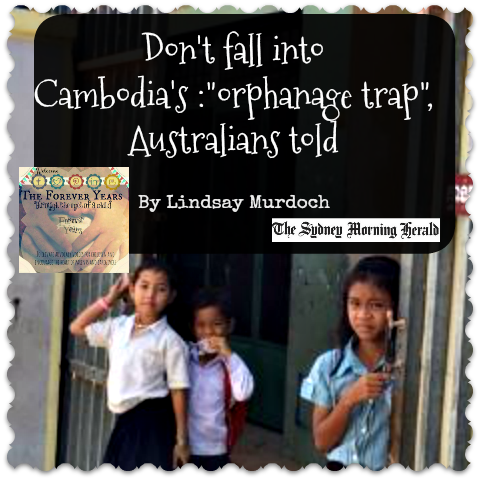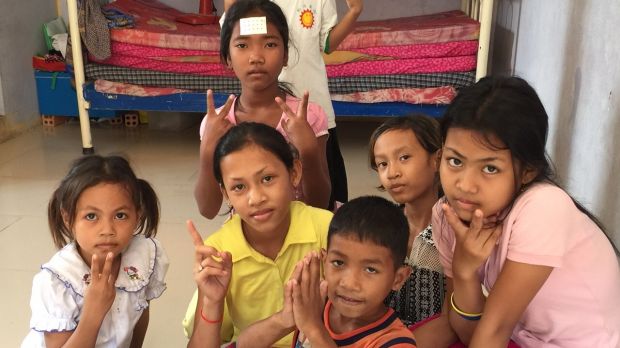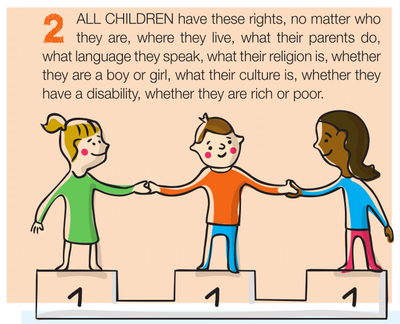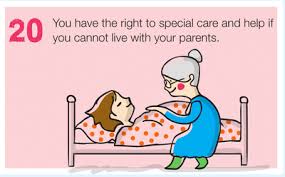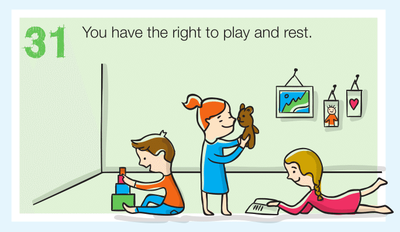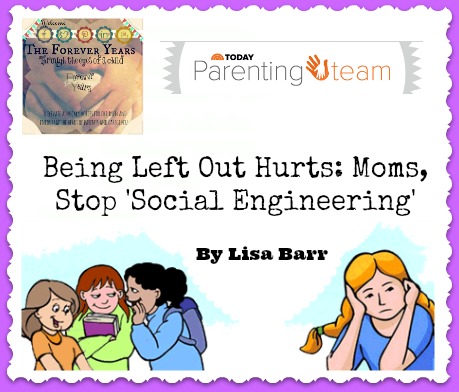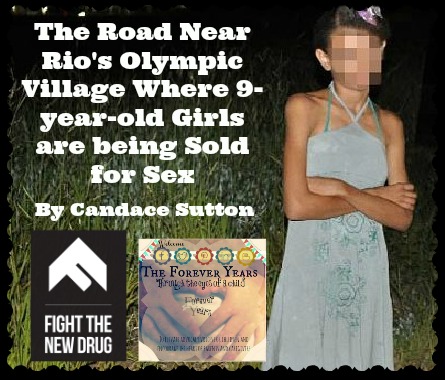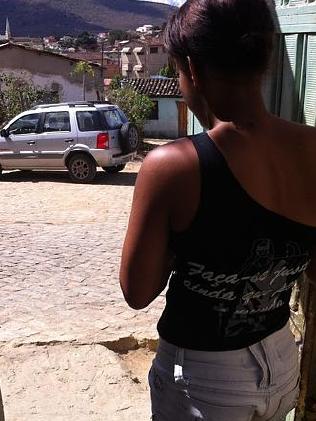Norway’s State funded educational TV series “Newton”, presents sex, sexuality and puberty for young children. The series, which has been described as “graphic”, because we see male and female sexual parts up close, as well as being told details about various sexual practices, was banned from Facebook for a while and even called “disgusting” by some who felt it was “too informative” and would be damaging to children watching it. Meanwhile views of the series have continued to increase, particularly after it came with English subtitles from 2015.
Sex education for prepubescent children (or even for preteens and teens) has long been hotly debated, with those arguing against it traditionally saying kids are “not ready” for such information and that “too much knowledge too soon” will inevitably result in increased rates of teen sexual activity and accompanying problems such as STDs, early pregnancy as well as emotional distress/ depression when early sexual relationships fail… all issues which have life long negative impacts.
Studies show, however, that the opposite appears to be true. As a general rule, having more (and accurate) sexual knowledge seems to mean children and young people are a) less likely to become sexually active at younger ages and b) when they do become sexually active, are more likely to make responsible (informed) choices.
In 2008, the Washington Post reported on a University of Washington study which found that teenagers who received comprehensive sex education were 60% less likely to get pregnant than someone who received abstinence-only education. Numbers of sexual partners among those who were sexually active were also significantly lower. The latter is important, not only because it indicates a lesser risk of STDs, but also because it has been shown that greater numbers of sexual partners, particularly during the teenage years, negatively effects mental well being, and can decrease the ability to maintain healthy relationships in adulthood. Education on matters of sexuality has also been found to work hand in hand with dramatically lowering a child’s vulnerability to becoming a victim of sexual abuse (sexual abuse prevention education).
Sexual health is an essential part of good overall health and well-being. Sexuality is a part of human life and human development. Good sexual health implies not only the absence of disease, but the ability to understand and weigh the risks, responsibilities, outcomes, and impacts of sexual actions, to be knowledgeable of and comfortable with one’s body, and to be free from exploitation and coercion. Whereas good sexual health is significant across the life span, it is critical in adolescent years. health. http://www.naswdc.org/practice/adolescent_health/ah0202.asp
Comprehensive Sexuality Education (CSE) leads to improved sexual and reproductive health, resulting in the reduction of sexually transmitted infections (STIs), HIV, and unintended pregnancy. It not only promotes gender equality and equitable social norms, but has a positive impact on safer sexual behaviours, delaying sexual debut and increasing condom use. (United Nations Global Review, 2015).
http://www.un.org/youthenvoy/2016/03/comprehensive-sexuality-education/
Scandinavia has long been admired by American liberals and sex education advocates who cite comparable rates of adolescent sexuality, yet lower rates of teenage pregnancy, sexually transmitted diseases and abortion in Scandinavia.
http://www.tandfonline.com/doi/abs/10.1080/14681810601134702
Returning, then, to Scandinavia (and specifically Norway), how do markers of risky sexual behaviour in young people compare with those of other countries? Rather than writing about these differences, some diagrams of statistics (sources cited) appear below.
Teenage pregnancy…
Sexually transmitted diseases…
Personally, having watched Norway’s State funded educational TV series “Newton”, I felt the episodes were well presented and in good taste. For some of us seeing naked male and female anatomy, as the show’s host, Line Jansrud removes towels from real human bodies may be a little shocking, but isn’t that the problem? Don’t we need to get over ourselves and present sex and our bodies as what they are, a very natural part of our humanity and one which our children can only benefit from being accurately informed about?

Line Jansrud speaking during one of the eight episodes in the “Newton” series (now with English subtitles)
Topics in the Norwegian TV series of eight episodes (in English) are as follows…
Episode 1 – How does puberty start?
Episode 2 – Breasts
Episode 3 – Penis
Episode 4 – Hair on your body
Episode 5 – Growth and Voice change
Episode 6 – Vagina and menstruation
Episode 7 – Zitz and sweat
Episode 8 – What’s the deal with puberty?










